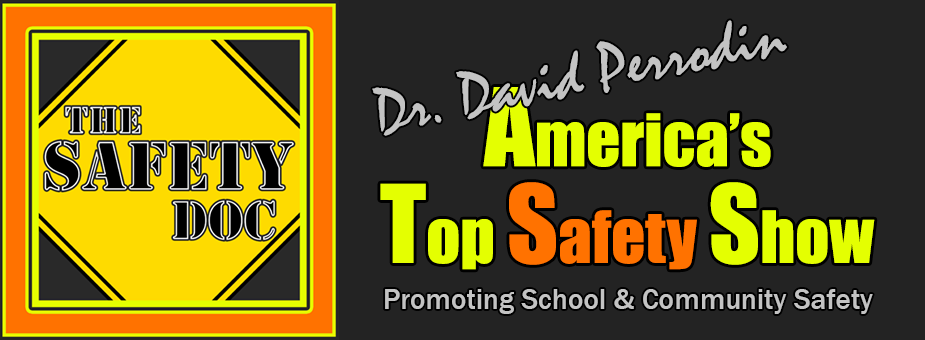Inside the Meticulous Mind of an Expert Legal Witness – SDP#28
[podcast] At the outset of a lawsuit, an experienced attorney will formulate a discovery strategy that is geared toward learning as much as possible about who the opposing party’s trial witnesses will be, what their testimony will consist of, and what documents they will offer to support their claims. We assume that attorneys possess an exhaustive knowledge base in many fields, yet for some legal cases, attorneys have very little knowledge of the interdisciplinary clockwork of the industry, such as how public schools operate from day-to-day. In these instances, an outside expert can be used to help a client and his or her attorney gain a better understanding of how best to present a successful case.
DISCLAIMER
I am not an attorney. This show / post is not legal advice. It is a compilation of personal experiences related to cases that I have reviewed as a consult expert or expert legal witness. This show / post is also informed by personal research to help inform my own professional opinions.
Listen to this episode at https://tinyurl.com/SDP28-AUDIO
WHAT IS DISCOVERY?
“Discovery” is a legal term of art that consists of several tools that are used to uncover facts relevant to the various claims and defenses at issue in the case. The parties are permitted to discover relevant facts through three main types of written discovery (1) Interrogatories (2) Requests for Production of Documents, and (3) Requests for Admissions.
WHAT ARE DEPOSITIONS?
Depositions are questions of witnesses and typically don’t take place in courtrooms. The attorneys will ask the witness, or deponent, a series of questions about facts and events related to the lawsuit with the entire deposition recorded word-for-word by a court reporter or videotaped. All parties to the case may attend the deposition and a deponent often has his or her attorney present, albeit with a more limited role than the attorney would have in a courtroom.
WHAT IS BENCHMARKING?
Benchmarking is comparing one’s business processes and performance metrics to industry bests and best practices from other companies. Dimensions typically measured are quality, time and cost. In education, this approach is often flawed as it is near impossible to compare schools.
WHAT I DO AS A CONSULTING EXPERT or EXPERT WITNESS
As a consulting expert or expert witness, I determine viability of a case, and if so, prioritize strategies. I recognize my own strengths, ways to become informed, identify my limitations and assemble discovery requests and deposition questions. Much time is spent to analyze and summarizing documents from discovery and depositions.
RECOMMENDATIONS TO LESSEN YOUR LEGAL VULNERABILITIES
Act in the best interest of yourself or others given the context and situation. If you are in a position to train, then training materials and a list of persons that attended the training. Finally, always document with time stamps and maintain copies in electronic and paper. If you have questions about your job duties, ask a superior and if a satisfactory response isn’t provided, use emails and letters to seek clarification from those you deem as superiors.
FOLLOW DR. PERRODIN
- Follow Dr. Perrodin on Twitter @SafetyPhD
- Watch this episode on YouTube https://tinyurl.com/SDP28-VIDEO
- iTunes https://itunes.apple.com/us/podcast/the-safety-doc-podcast/id1209802253?mt=2
- PodBean https://tinyurl.com/SDP28-AUDIO
- The 405 Media http://the405media.com/the-safety-doc/
- SAFETY DOC WEBSITE / BLOG safetyphd.com
- Email Dr. Perrodin thesafetydoc@gmail.com
David will respond to discussion thread comments or questions & also to emails. The Safety Doc Podcast is hosted & produced by David Perrodin, PhD.
ENDORSEMENTS
Opinions are those of the host and guests and do not reflect positions of The 405 Media or supporters of “The Safety Doc Podcast”. The show is curse free and adheres to nondiscrimination principles while seeking to bring forward productive discourse and debate on topics relevant to personal or institutional safety.
